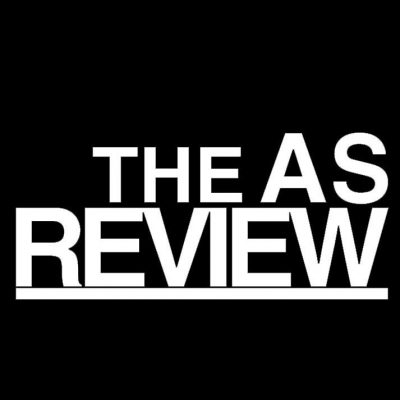By Gwen Frost
Actor Kevin Spacey came out as gay last in the same statement as acknowledging and apologizing for sexually assaulting a 14 year-old in 1986.
Spacey, who was then 26, made sexual advances on fellow actor Anthony Rapp that he now does not remember, but offered his “sincerest apology for what could have been deeply inappropriate drunken behavior.” In the second paragraph, Spacey concluded that he was now choosing “to live open as a gay man.”
This obvious conflation of homesexuality and sexual misconduct has very serious, and real implications for the gay community everywhere.
“This exposes the gay community to a million tired old criticisms and conspiracies,” movie critic Richard Lawson tweeted. Lawson also said that the “psychology of the closet is dark and cruel and self-punishing” and “that Spacey has dwelt in that for years is sad. But 14 is 14.”
Lawson illuminated a widespread conflict many feel after Spacey’s statement: wanting to support someone who has decided to be open with their own marginalized sexuality, but also wanting to be critical of a perpetrator of sexual violence.
The effect of Spacey’s contentious statement has hit close to home for many Western students including Evelyn Hobbs, AS Queer Resources Center Coordinator.
“Everybody’s pissed for the same reason, because the problem with any minority is that anytime someone fucks up, they become the poster child of that minority,” Hobbs said.
When people have unconfirmed prejudices and then one person of a minority confirms those prejudices, people will often use that person as an example to generalize an entire group of people and label them in unfair ways.
An important distinction illustrated by Hobbs was the emphasis of what really lies at the root of most sexual assault; power dynamics.
“Sexual attraction is not what causes assault – it’s a power thing,” Hobbs said.
Also at the root of the problem is identifying what people know they can get away with.
“Eric Garner was selling loose cigarettes and was choked to death. Spacey, he assaulted a 14 year-old and his TV show was cancelled,” Hobbs said.
Even in Spacey’s statement, the only admission of confession is the lack of a total denial. He simply says he doesn’t remember, but if it did happen, he was very very drunk, which in his mind and our culture makes assault socially admissible.
The assault of Anthony Rapp is also handled differently because of the marginalized sexuality being dealt with.
“Donald Trump can assault people and become president,” said Hobbs.
But all of Trump’s accusers were heterosexual situations, so the media possibly didn’t focus on them in the same way that they were with a homosexual one, where the media was more willing to believe that a homosexual man would be sexually devious.
The problem has social ramifications beyond this specific situation.
“It’s happened so many times before in Hollywood,” pointed out student, and former AS Review writer, Chris Beswetherick. “Why was a 14 year-old allowed at a party where there was alcohol?”
Beswetherick identified the problem as more institutionalized within Hollywood, rather than specific to this situation in particular.
At its very core, this statement seems counter-intuitive to Spacey’s interests as part of the gay community- why would he want to reinforce derogatory stereotypes about his own identity?
“He can just walk away from us,” explained Hobbs; “He will be fine.”

